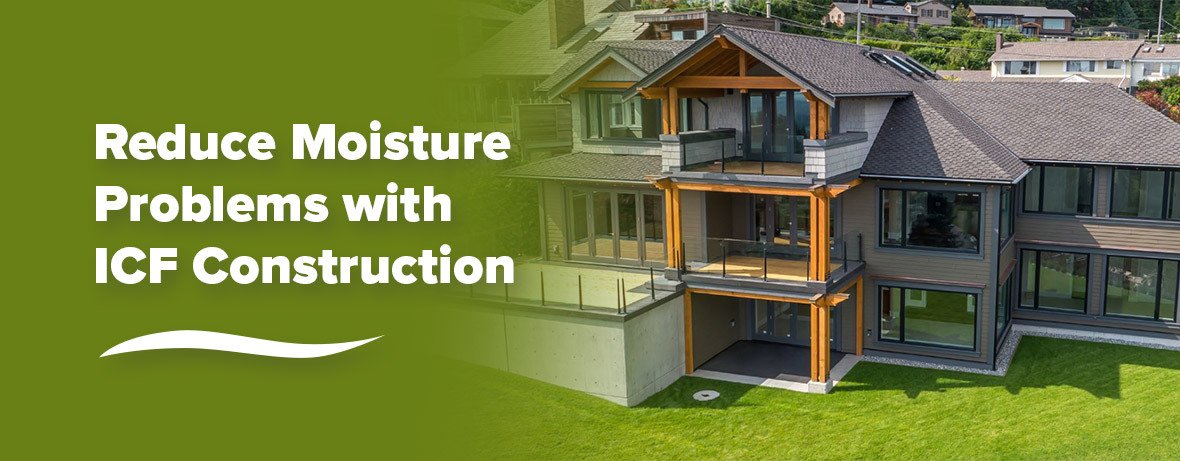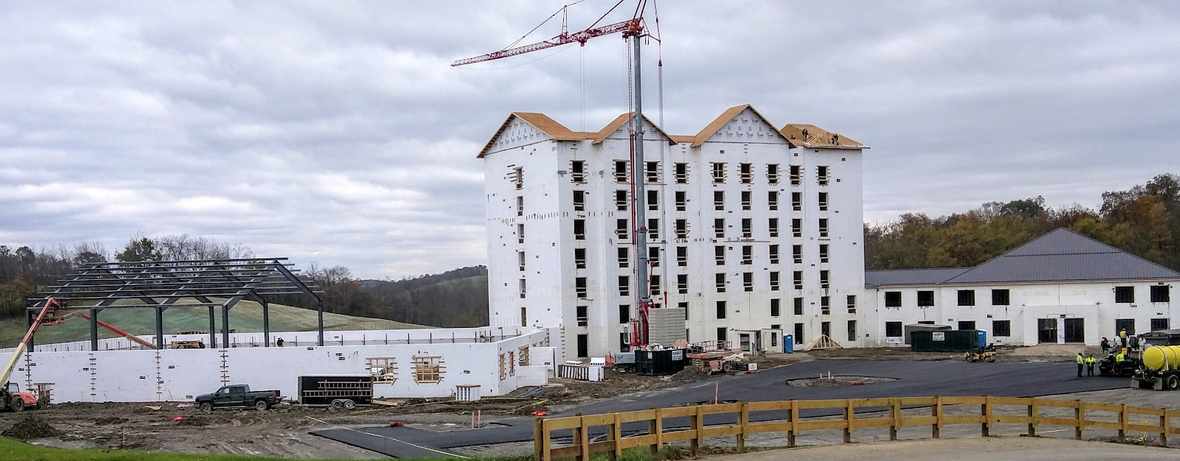
Reduce Moisture Problems with ICF Construction
You can avoid stud-framing moisture problems by choosing a moisture-resistant insulated concrete form (ICF) foundation for your new home.

What is a Resilient Home and How to Build One
Constructing strong homes that endure time and nature is crucial in modern building. Resilient homes are created to withstand harsh weather and provide exceptional durability and safety for homeowners.

7 Problems with Wood Frame Construction
Seven specific problems with wood frame construction include fire- and wind-resistance, durability, low thermal mass, shrinkage, and compromised acoustics and indoor air quality (IAQ).

5 Ways To Save Money On Your Next Commercial Project
ICF’s benefits are massive, ranging from cost savings to durability, high quality and easy installation. If you want to learn how to save money on your next project, keep reading.

The Integrated Design Process (IDP) and Insulated Concrete Forms (ICFs)

5 Construction Industry Trends in 2019
In 2019, construction industry trends welcome advancements in building methods and materials; however, the industry still struggles with ongoing labor shortages.

The Best Vapor Systems for Basement Walls

Auditorium Layout Design 101: Creating Functional and Comfortable Spaces
An auditorium isn’t just a room with seats — it’s a space designed to shape sound, sight, and comfort for every occupant. Proper auditorium architecture balances acoustics, sightlines, energy efficiency, and occupant comfort to create an inviting, high-performing space.

ICF Houses Still Standing After Storms

4 Defining Characteristics of High-Performance Buildings
High-performance buildings also positively impact the environment and provide financial benefits before and after construction.